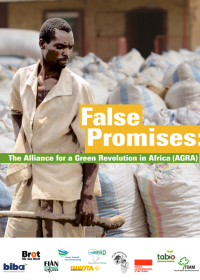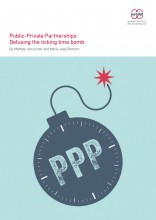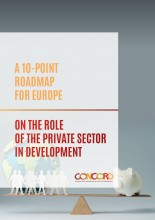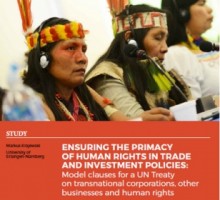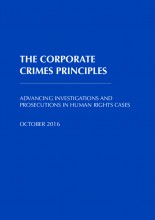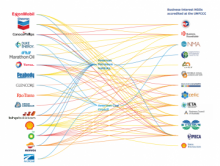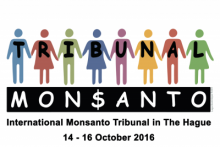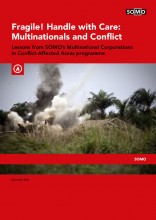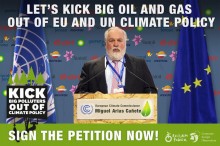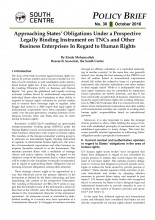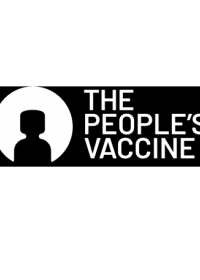
Berlin, 14 July 2021 - Nobel Peace Prize winner Professor Mohammad Yunus and 66 leading civil society organisations, forming the People’s Vaccine Alliance, have called on Germany to suspend patents on Covid-19 vaccines as Chancellor Merkel travels to the US to meet with US President Joe Biden this Thursday. Dozens of demonstrations and events will take place in Germany and at German consulates across the US, mounting pressure on Merkel to join the Biden administration in supporting a waiver at the [...]

